They came to Syria to fight Isis. Now they want to stay
A Canadian metal worker, a British engineer and an American restaurant worker are among thousands of western volunteers who came to join a ‘revolution’, writes Richard Hall
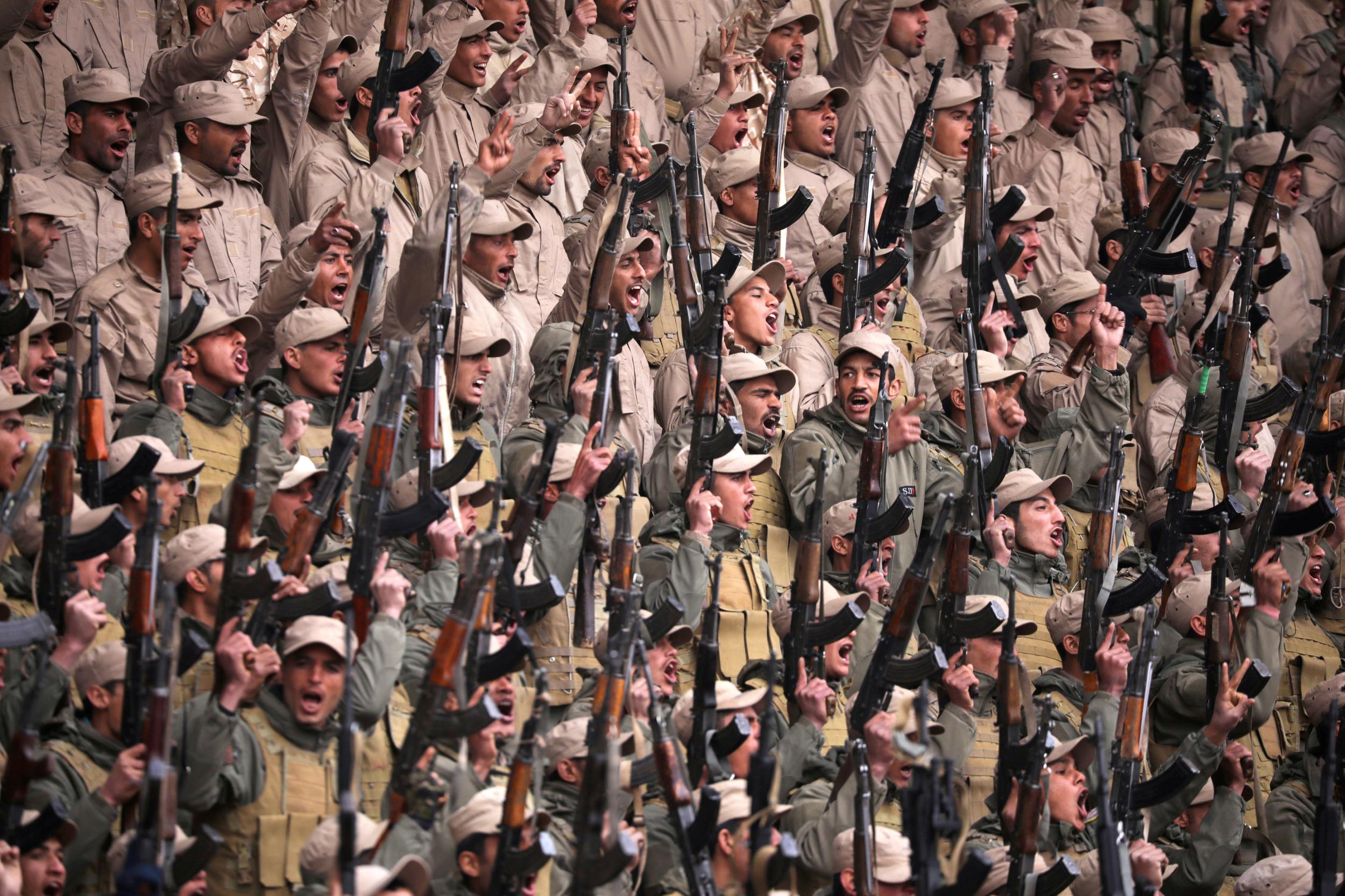
Your support helps us to tell the story
From reproductive rights to climate change to Big Tech, The Independent is on the ground when the story is developing. Whether it's investigating the financials of Elon Musk's pro-Trump PAC or producing our latest documentary, 'The A Word', which shines a light on the American women fighting for reproductive rights, we know how important it is to parse out the facts from the messaging.
At such a critical moment in US history, we need reporters on the ground. Your donation allows us to keep sending journalists to speak to both sides of the story.
The Independent is trusted by Americans across the entire political spectrum. And unlike many other quality news outlets, we choose not to lock Americans out of our reporting and analysis with paywalls. We believe quality journalism should be available to everyone, paid for by those who can afford it.
Your support makes all the difference.The rise of Isis attracted thousands of foreigners from around the world to Syria. But it wasn’t just religious extremists who were drawn here.
While scores were travelling to Syria for jihad, a smaller but no less committed group of internationalists was heading to the other side of the battle.
“People back home like to think Daesh [Isis] is just a problem for the Middle East and that’s it,” says Kyle Town, a mild-mannered 30-year-old from Thunder Bay, in Ontario, Canada, using the Arabic name for Isis. “But it doesn’t just exist here. It affects everyone.”
Town, a former sheet-metal worker, is among thousands of westerners who travelled to Syria to fight Isis and take part in a “revolution” led by a hitherto little-known Kurdish group in the country’s north.
Among them are former soldiers, charity workers, students, engineers and all manner of anarchists and leftists. Eight Britons who went to fight Isis – men and women – died in towns and cities unknown to most people back home.
The volunteers have drawn comparisons to the International Brigades, the foreign fighters who travelled to Spain to battle Franco’s fascists in the 1930s and were made famous by George Orwell. This time, though, they are on the winning side.
Isis’s self-declared caliphate is all but defeated, leaving those who came to fight it at a crossroads. Many say they are not ready to return home, and instead will stay on in Syria. But as the civil war transitions to a new phase, their role is uncertain.
“There is a lot of work besides fighting Daesh,” says Town, who is currently in an infantry unit. “There are all sorts of civilian works. I came here because I wanted to participate in this revolution as best I can.”
Town is a member of a leftist Kurdish militia called the People’s Protection Units (YPG), which has counted thousands of western volunteers in its ranks over the past few years.
The group has been the main ally of the US-led anti-Isis coalition in Syria, receiving military equipment, the support of some 2,000 US troops and, crucially, the overwhelming power of the American air force.
A largely unknown entity before the war, the YPG has also gained a following in western leftist circles for its military and ideological opposition to Isis.
While Isis subjugated women and massacred minorities, the YPG’s women fighters (known as the YPJ) led battles on the front lines against the group. While Isis positioned itself an enemy of democracy, the YPG – through its Kurdish-Arab alliance the Syrian Democratic Forces – set up an autonomous administration that it says will form the basis of a radical, democratic system when the war ends.
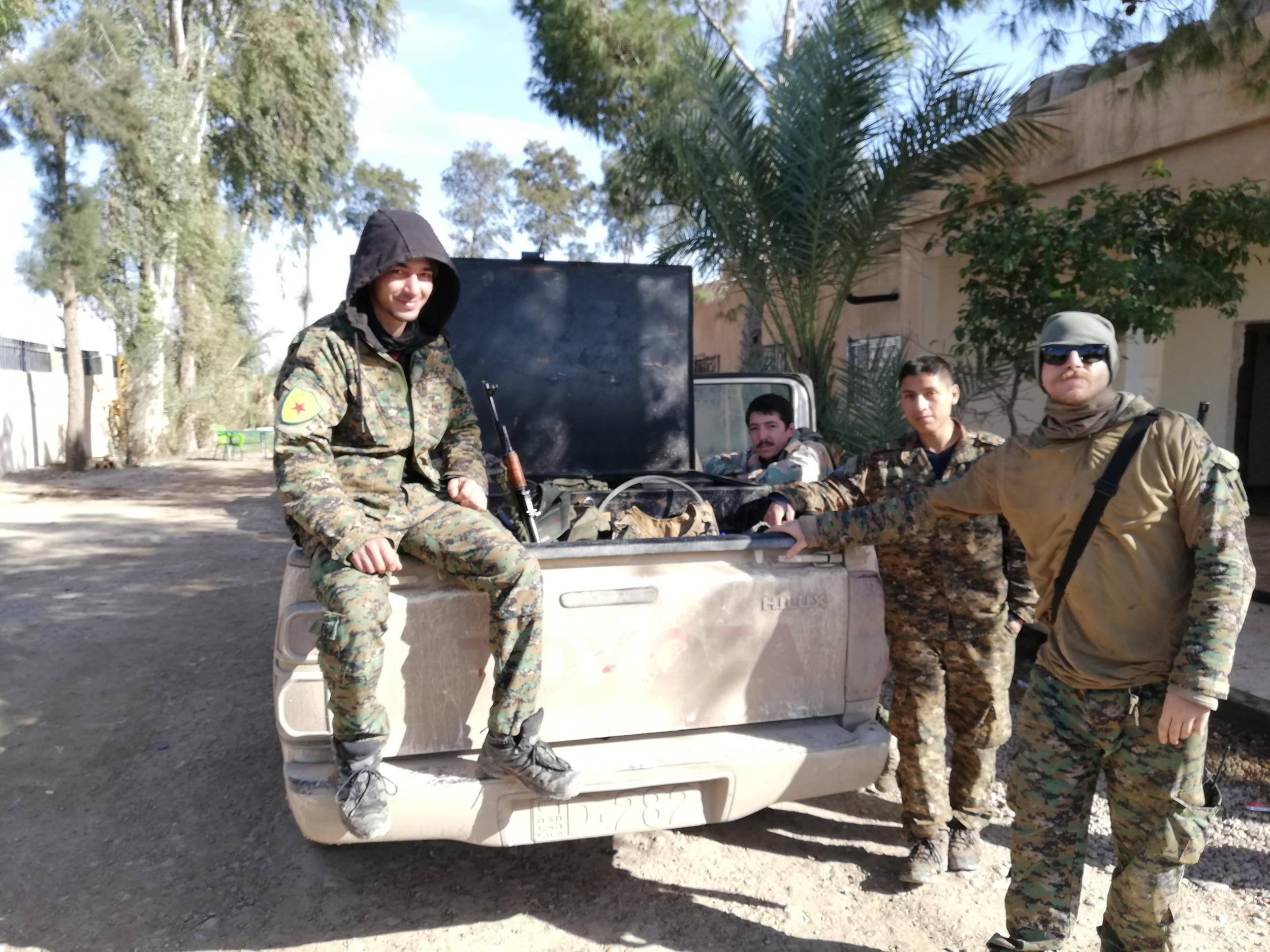
Beyond its appeal as a fighting force, the group espouses an Marxist-inspired ideology of decentralisation that attracted many who were seeking to live in a society radically different to the capitalist lives they left behind.
For Danielle Ellis, a 29-year-old Oxford graduate from London, it was a mixture of both.
“I initially emailed the YPG, asking to become a soldier. But they didn’t reply,” she says, in an interview with The Independent in the town of Derik, in northern Syria. “That’s probably a good thing, now I think about it.”
After some consideration, she felt her masters degree in engineering could be put to better use elsewhere, so she instead came to work as a non-combatant volunteer with an internationalist commune.
“They needed people with my skill set,” she says. “It’s a much more rational choice than signing up to join a militia. I’ve been working on off grid-power systems, water supply, that kind of thing.”
Ellis’s interest in the group was piqued after learning about the YPG on the Internet and through friends. She had read about the commune, and was inspired by the stories of other volunteers who went before her, among them Anna Campbell, who became the first British woman to be killed fighting for the YPJ. Campbell was killed not by Isis, but in fighting against Turkish forces, during its invasion of the previously YPG-controlled Afrin region.
“It’s a very exciting time to be here. It’s also a knife edge because the people in this region have proven that they can do something amazing and their existence is hanging in the balance.”
I see this very much the start of something now, not the end
The YPG has encouraged foreigners to join it, and has helped to facilitate journeys to northern Syria. The group has had to rely on the support of outside countries in the fight against Isis, such as the US and the UK. Having westerners among the ranks gives it a useful propaganda boost in their home countries. Many volunteers have gone home to advocate on behalf of the YPG.
“In Rojava, we have a principle of free citizenship,” says Nuri Mahmoud, a YPG spokesman. “If they believe in the culture, the history and the philosophy of the region, then they are welcome to be part of this community.”
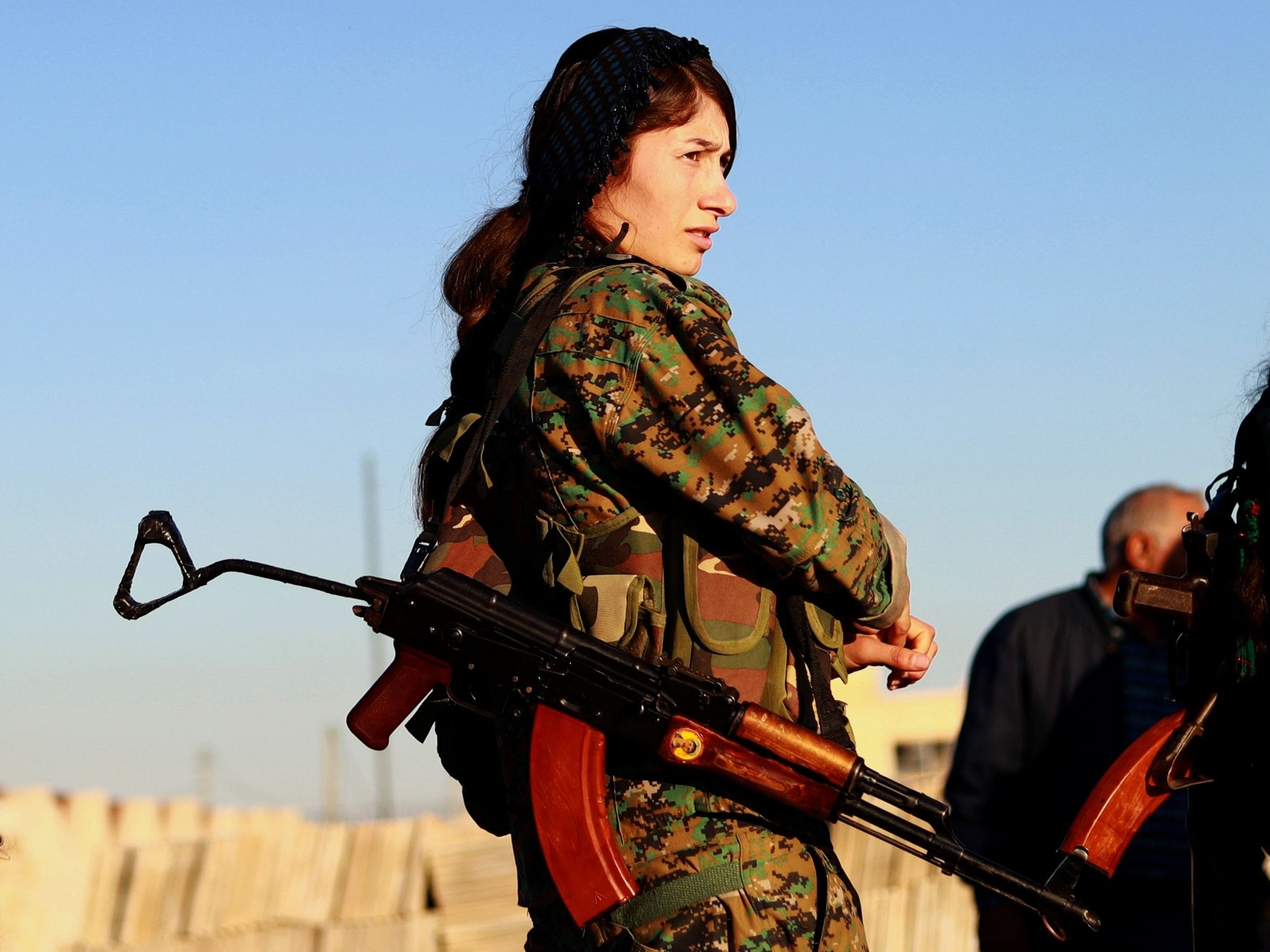
Not all Syrians feel that way, however. Opponents of the YPG accuse these volunteers of colonialism. Others of adventurism and naivety. Ellis says she is aware of these perceptions.
“There are definitely some friends who have the feeling of this as a white-saviour, gap-year, go-off-and-help-brown-people kind of thing. But when I told Kurdish friends in London I was coming here they were so grateful,” she says.
“I still have all these questions of myself. Is it self-serving? It’s hard not to have those doubts. We are incredibly privileged people. But the more time I spend here, the more I feel like we are doing good.”
There have also been questions over the rights record of the YPG in the areas it controls, which now amounts to roughly a third of the country. In a report last year, Human Rights Watch said the group had recruited child soldiers to its ranks, and stifled political opposition.
Hunter Page, a 25-year-old restaurant worker from Bloomsburg in Pennsylvania, was motivated partly by what was happening in his own country. He became disillusioned, he says, following the election of Donald Trump in 2016.
“I noticed that the culture of the kitchen, where I worked, became more of a hateful place,” he says, describing the events that brought him here.
“It seemed more people were able to espouse racism and sexism and homophobia in the workplace. It was unchecked. Listening to this day after day, I could feel myself getting affected by it.”
A combination of a stifling political atmosphere in the US and a growing interest in events in Syria led to him making the jump. But there were other motivations, too.
“I think for everyone who comes here and everyone who joins, it’s always a mixture of political and personal reasons,” he says. “I mean, if we had great home lives with wonderful spouses and great jobs, I don’t think even the most radical political people could easily come here.”
Page joined the international brigade in the YPG when he arrived in May 2018. Upon arrival, new recruits go have language classes, lessons in the history and culture of the region and weapons training.
“Almost every continent is represented in my brigade. It’s a mixture of people who are former military, people involved in political actions in their hometown, and some people here who are just looking for adventure,” he says.
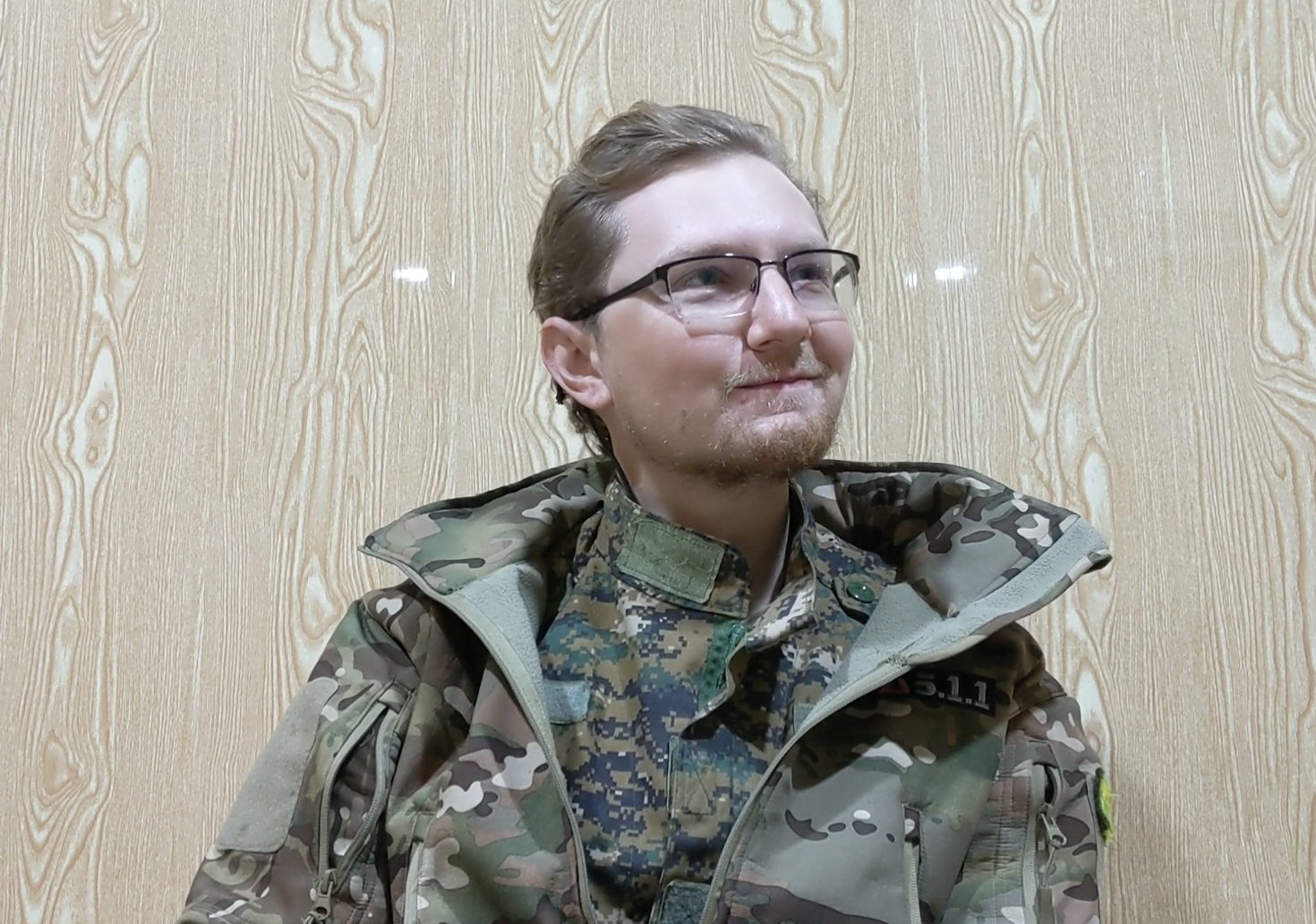
He has been on two operations in Deir ez-Zor, where Isis is currently making its last stand. In the past few months, as the caliphate has shrunk from a string of villages along the Euphrates river to a few fields, hundreds of Isis fighters and their families have surrendered to the SDF. Some 800 Europeans are now being held by the SDF in camps and jails, among them a handful of Brits and at least two Americans.
As they have filed out of the last territory, those American Isis members may have passed by American YPG volunteers, on their way to a screening point where they would have been interviewed by American special forces soldiers.
The idea of his fellow countrymen and women being on the other side of the battle is something Page has thought about.
“It’s unfortunate that our platoon only numbers hundreds of volunteers, while Isis can claim thousands worldwide,” he says. “It would be otherworldly to meet an American, someone who came from a state that I’d been to, had shared experiences, and they decided to go and fight with Isis.”
More than a dozen British women and their children are thought to be held in SDF camps, and at least six British Isis fighters. One of the most well known, Shamima Begum, garnered headlines around the world when she fled east London with three school friends in 2015.
Her reappearance earlier this month, at a camp for Isis families in northern Syria, has sparked a debate over the responsibility of western countries to take back their extremist citizens.
After giving an interview with The Times, in which she expressed little remorse for joining the terror group, the home secretary Sajid Javid revoked her citizenship, and has promised to use his powers to stop Isis suspects returning.
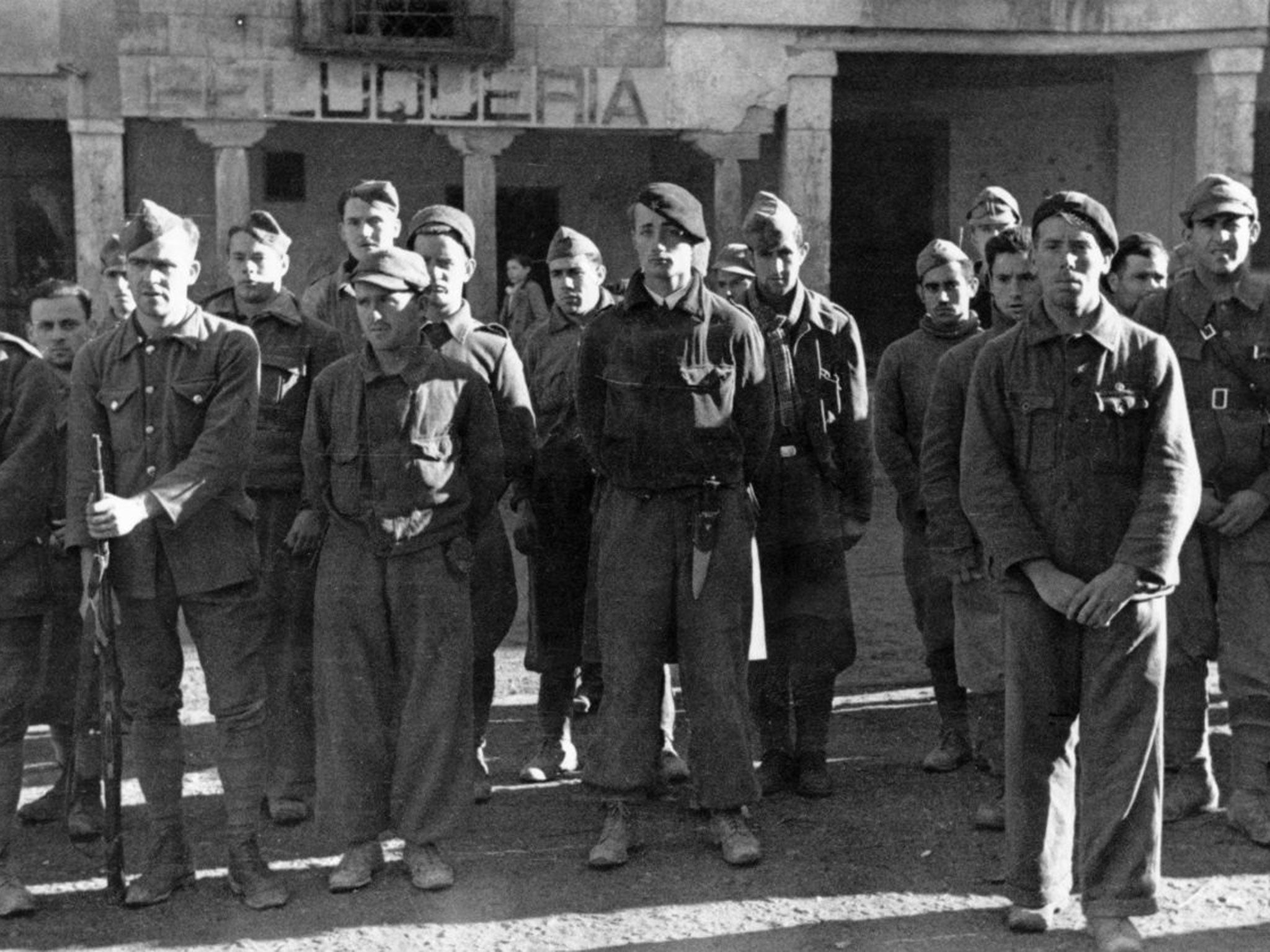
But the UK has also sought prosecutions against returning YPG volunteers. Ellis, the engineering graduate, was detained and questioned in London under the terrorism act for eight hours on her way out to Syria, and expects to be interrogated on her way home too.
Jim Matthews, a former British army soldier, became the first Briton to be charged for terror offences last year after returning from fighting Isis in Syria. The charges were eventually dropped. At least three other Britons have been arrested for similar offences, only for them to be dropped.
The 44-year-old, who became a teacher after leaving the army, recently told The Independent that it was a “strange contradiction” to be accused of terrorism after fighting against jihadis.
“We [British YPG volunteers] went out there because our government was not doing enough,” Matthews said. “It was a job that needed doing, we had to get Isis out of that territory.”
Turkey, the UK’s Nato ally an major trading partner, classifies the YPG as a terror group for its links to the Kurdistan Workers’ Party (PKK), a Kurdish group that has fought an insurgency against Ankara for 40 years. The US and the European Union also classify the PKK as a terror group, but distinguish it from the YPG, despite well established links and ideological ties. The YPG denies that it has any material connection.
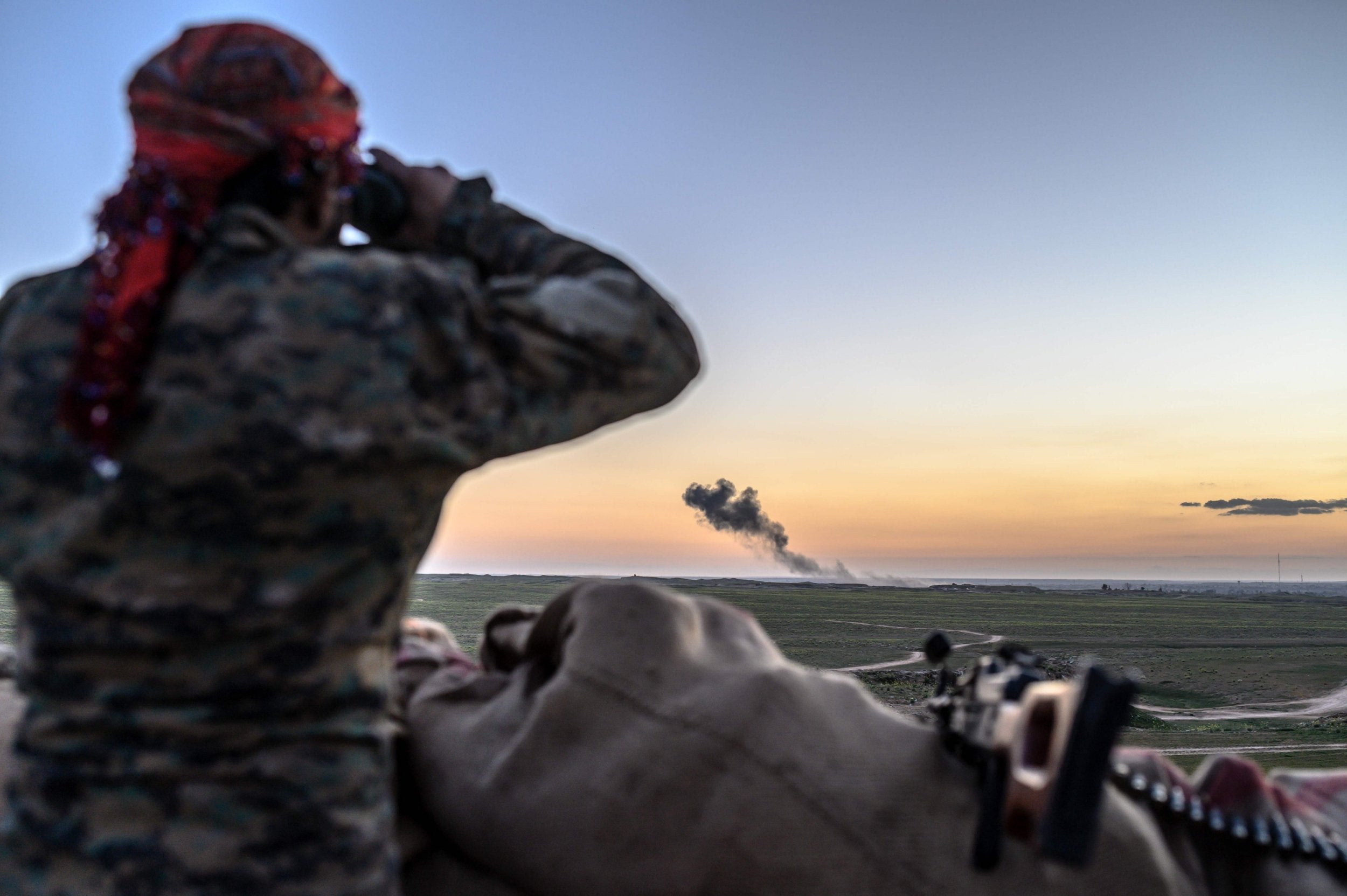
Turkey has repeatedly threatened to cross the border into Syria to set up a “safe zone”, which would involve going to war with the SDF and perhaps some of its international volunteers. It is that sense that the battle may not yet be over that is keeping some of them from leaving.
“We cant forget that while Daesh has been a major problem, the biggest threat to this society and this movement is from Turkey,” says Kyle Town, the Canadian YPG fighter.
It was the invasion of Afrin, a majority Kurdish area that was overrun by Turkey and its Syrian rebel allies last year, that solidified his decision to come to Syria in the first place, he says.
Ellis says she doesn’t plan on going home any time soon.
“I severed quite a lot of links with the UK. I gave away lots of my possessions. I finished my job,” she says.
“The people here have managed to create the foundations of a radically democratic and egalitarian society, despite Isis. I see this very much the start of something now, not the end.”
Join our commenting forum
Join thought-provoking conversations, follow other Independent readers and see their replies
Comments